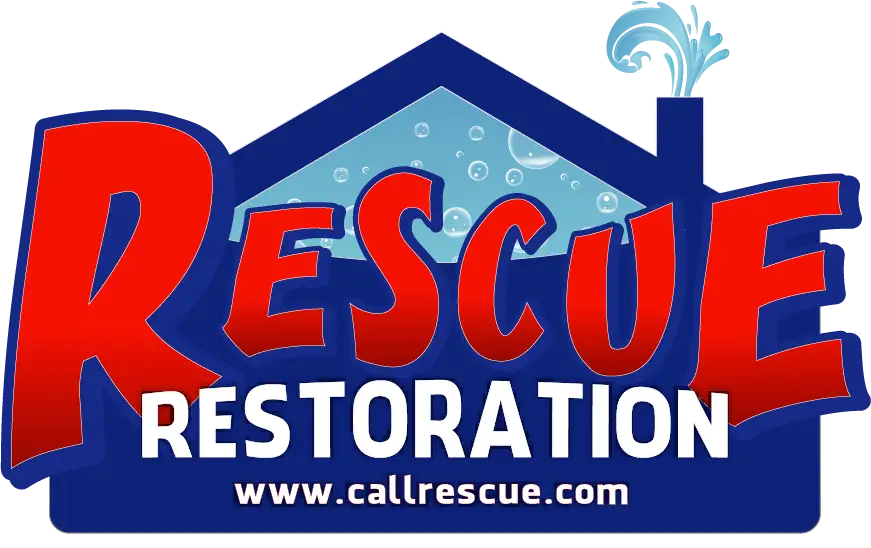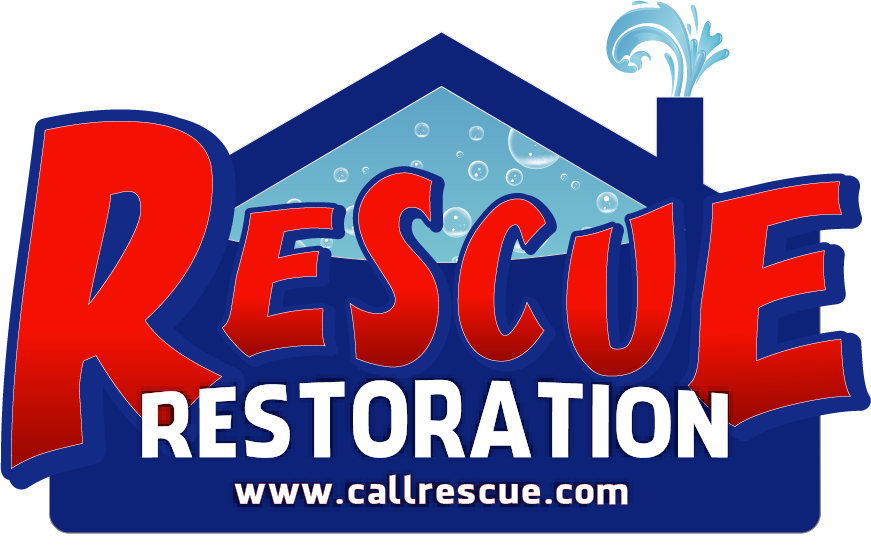What Are the Most Common Causes of House Fires?

House fires are a homeowner’s worst nightmare. They happen fast, spread even faster, and can cause devastating damage to your home and loved ones. While some causes might seem obvious, others may surprise you. Knowing what to look out for can make all the difference in keeping your home safe. Let’s break down the most common culprits behind house fires and how you can prevent them.
Cooking Accidents
Did you know that cooking is the leading cause of U.S. house fires? In fact, it accounts for 51% of all residential fires reported to fire departments nationwide. Unattended cooking, especially when frying with oil, can quickly turn into a dangerous situation. Grease fires spread rapidly and can be tricky to extinguish if you’re unprepared.
Prevention Tips:
- When cooking, never leave the kitchen unattedned, especially when using high heat.
- Keep flammable items, such as paper towels and oven mitts, away from the stove.
- Always have a fire extinguisher nearby (or a box of baking soda) to smother grease fires (never use water!).
Electrical Problems
Faulty wiring, overloaded circuits, and malfunctioning appliances are common fire starters. Older homes are particularly at risk since their electrical systems might not yet be equipped to handle modern energy demands.
Prevention Tips:
- Have your wiring inspected by a professional, licensed electrician, especially if your home is over 20 years old.
- Avoid overloading outlets with too many electrical devices or using damaged extension cords.
- Replace any appliance that sparks, smells like burning, or heats up more than usual.
Heating Equipment
When the temperature drops, space heaters and fireplaces can be lifesavers—but they’re also major fire risks. Space heaters can overheat or tip over, and chimneys that aren’t regularly cleaned can lead to dangerous chimney fires.
Prevention Tips:
- Keep space heaters at least 3 feet away from flammable objects like curtains or bedding.
- Turn off heaters when you leave the room or go to sleep.
- Have your chimney inspected and cleaned by a pro annually.
Smoking Indoors
Smoking is not only bad for your health but also a leading cause of house fires. Carelessly discarded cigarette butts can ignite furniture, carpets, or even trash cans.
Prevention Tips:
- Smoke outside whenever possible.
- Use deep, sturdy ashtrays and make sure cigarettes or cigars are fully extinguished before disposing of them.
- Avoid smoking in bed or when you’re feeling drowsy.
Candles
Who doesn’t love the warm glow of candles? Unfortunately, they’re a common fire hazard, especially when left unattended or placed near flammable objects.
Prevention Tips:
- Never leave candles burning in an empty room.
- Place candles on sturdy surfaces and keep them away from curtains, papers, and pets.
- Consider using flameless LED candles for a safer alternative.
Dryer Lint
Yes, you read that right. Lint buildup in your dryer’s vent is a sneaky cause of house fires. Over time, lint can block airflow, causing the dryer to overheat and ignite.
Prevention Tips:
- Clean the lint trap after every use.
- Check and clean your dryer vent and exhaust duct regularly.
- Avoid overloading your dryer.
Flammable Liquids
Common household items like gasoline, paint thinners, and cleaning agents can be highly flammable if stored improperly. Even a small spark can set them off.
Prevention Tips:
- Store any and all flammable liquids in approved containers away from heat sources.
- Keep them in a well-ventilated area, preferably outside the home.
- Always follow the manufacturer’s safety instructions.
Holiday Hazards
Festive lights, Christmas trees, and holiday candles can create a magical atmosphere, but they also pose fire risks. A dry Christmas tree can go up in flames in seconds if exposed to a heat source.
Prevention Tips:
- Water your tree daily to keep it fresh.
- Inspect all holiday lights for frayed wires or broken bulbs before use.
- Turn off holiday lights and decorations before you go to bed or when leaving the house.
Contact Rescue Restoration for All Your Fire Mitigation Needs in Dallas-Fort Worth, TX and the Surrounding Areas
House fires can happen to anyone at any time, but the good news is that most of them are preventable. By staying vigilant and following these safety tips, you can protect your home and loved ones from potential fire hazards. Remember, it’s always better to be safe than sorry. Take the time to inspect your home for risks, invest in smoke alarms, and have an emergency plan in place.
However, if you do find yourself in the unfortunate situation of a house fire, Rescue Restoration is here to help. We specialize in restoring homes and ensuring your family can get back to normal as quickly and safely as possible. Contact us anytime for expert assistance and fire mitigation support.





